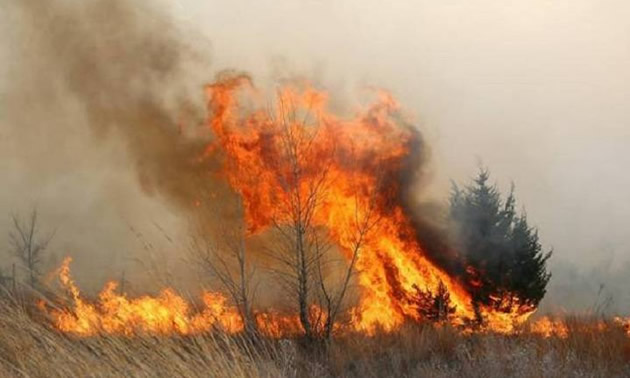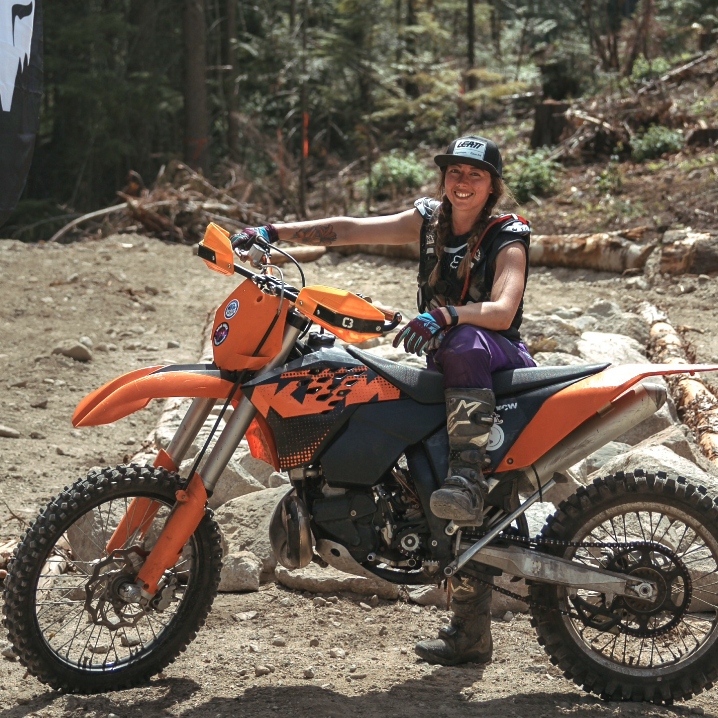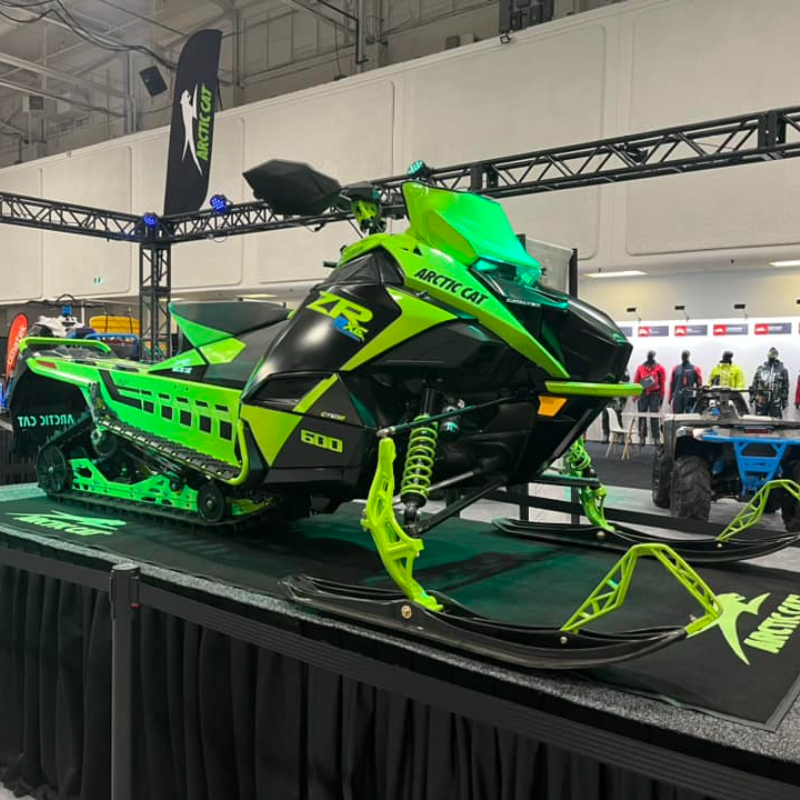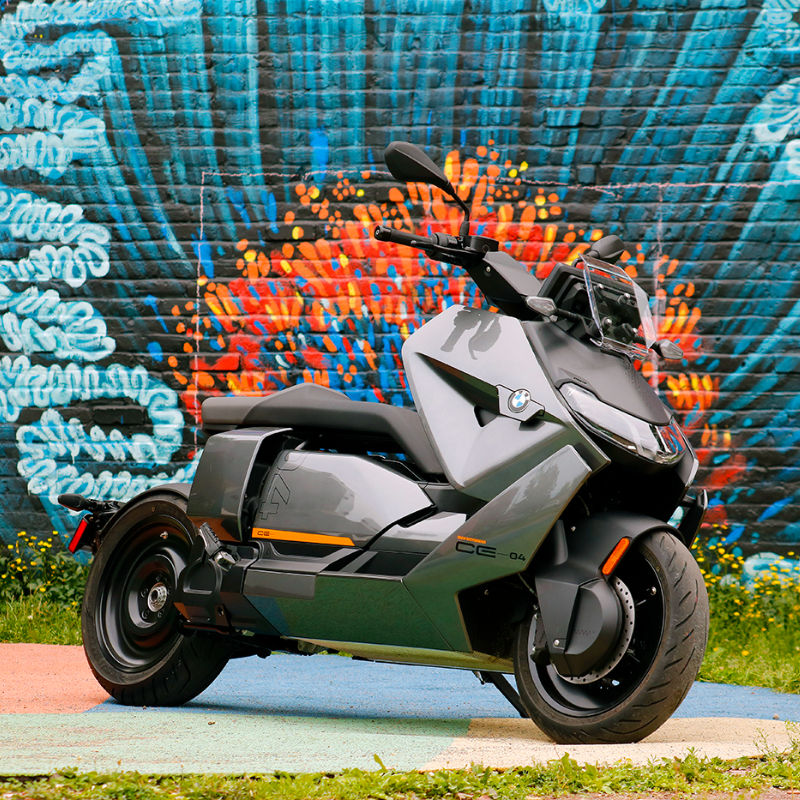Summer brings forth thoughts of camping and walking along the beach under clear blue sunny skies at nearby lakes or rivers. Spending time with your loved ones enjoying nature should be fun and safe, so let us remind you to “Know before you go!”
The Camping and RVing BC Coalition has gathered some new safety tips and travel advice about wildfires and smoke, aimed at tenters and RVers. We urge all campers to be vigilant and respectful of the power of fire. By being aware, working together and caring for the forested backyard we love – we can reduce human caused fires.
ATV FIRE RISKS
All-Terrain Vehicles (ATV’s) are fun to drive and take the user off-road along trails. As such, the vehicle is often in contact with vegetation. Here are some tips to prevent fire starts:
- The heat from the exhaust systems of ATVs can sometimes cause wildfires, especially when idling near tall grass.
- ATVs with their spark arrestors removed can release sparks that start wildfires. Ensure your ATV has a spark arrestor inside the muffler to trap any escaping sparks.
- Make sure to carry fire suppression equipment, such as a fire extinguisher or a pail and shovel, to extinguish any fires that might occur.
RV FIRE RISKS
The vehicles you camp in on vacation and use for recreation while in the backcountry can themselves be fire risk factors. This is a partial list of the most common RV fire risks; most can be avoided or reduced by regular maintenance. We recommend servicing your camping vehicle annually.
- RV fires are frequently caused by wiring system problems or electrical shortages and these are often attributed to refrigerators, generators, air conditioning, and some motors, but can be caused by any wired/electrical appliance in your RV.
- Electrical RV fires can even occur when all systems have been powered down and the RV is stored.
- Fire risks while your RV is on the move include dry wheel bearings, flat tires, chains dragging because they are too long, or engine fires.
RV FIRE SAFETY
Nobody wants to encounter a fire in their RV. Unfortunately, it can happen, and taking a little time ahead of an emergency to plan is a worthy exercise. Everyone in your family should know and practice your fire escape plan.
- Install and maintain at least one smoke alarm in your RV near where you sleep.
- Many new RVs have combined carbon monoxide and propane alarms installed – ensure that your vehicle has these installed or have them installed in older models.
- Test your RV alarms (smoke/carbon monoxide/propane) weekly, when your RV is in use.
- Ensure that all travellers in the RV know what the sound of each type of alarm indicates and what to do when they hear it.
- Have at least two ways out of the RV – one in the front and one in the rear.
- Test all escape windows, hatches and doors to make sure they open properly, and keep your escape routes clear of any obstructions.
- Get yourself and your family to safety before attempting to extinguish any fire. Don’t attempt to fight a fire before notifying the fire department or the campground operator first.
- Never re-enter a burning RV to retrieve anything – GET OUT & STAY OUT!
About the Camping and RVing British Columbia Coalition
The Camping and RVing BC Coalition was formed in 2008 with the support of Destination British Columbia to better position the provincial camping and RVing experience and to capitalize on the growth of nature-based tourism. Coalition members currently include BC Parks, BC Lodging & Campgrounds Association, Recreation Sites and Trails BC, RV Rental Association of Canada, Thompson Okanagan Tourism Association, Kootenay Rockies Tourism, Tourism Prince George, BC Society of Parks Facility Operators, Parks Canada, Recreation Vehicle Dealers Association of British Columbia and the Freshwater Fisheries Society of BC.








Comments